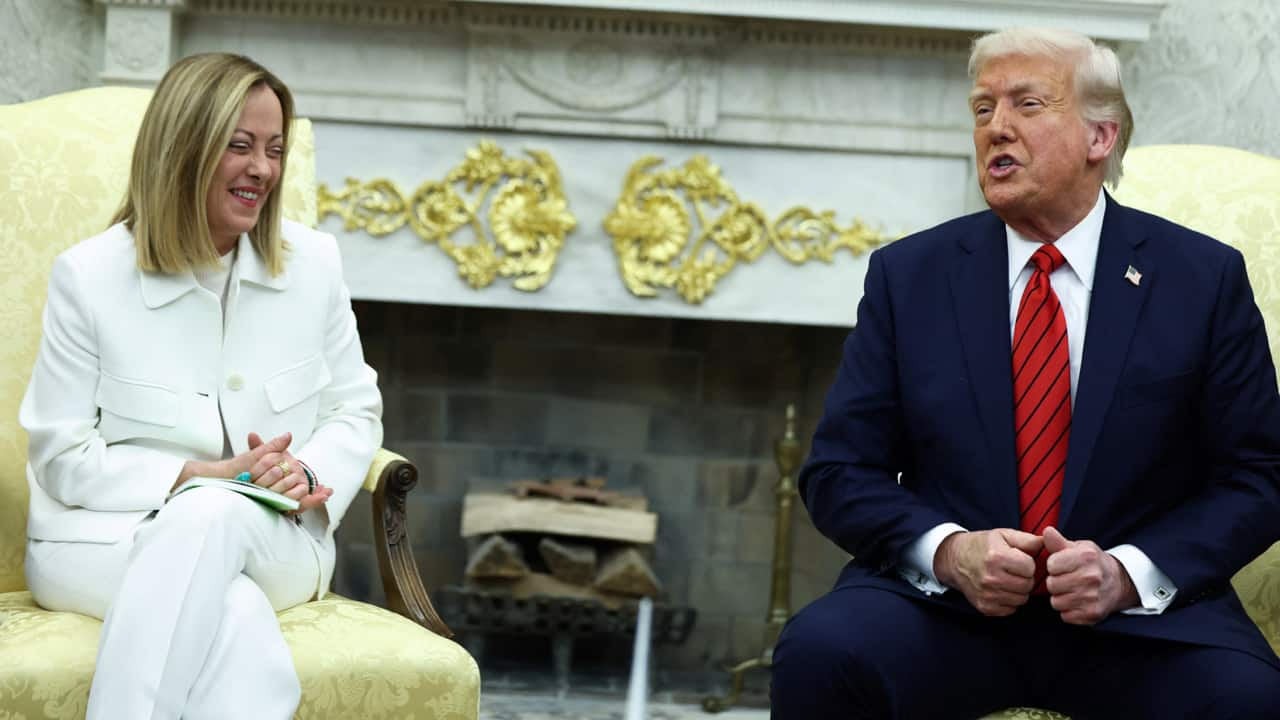Qatar tribune Agencies If the Federal Reserve, seen as cornerstone of global financial stability, were to limit dollar funding to allies during periods of stress, it could lead to a significant reduction in global reliance on the U.S. dollar, according to Deutsche Bank analysts.
This scenario could create a “double-edged sword” for the United States, as it might weaken the dollar’s dominance while also impacting the U.S. financial system.

Reuters reported on Saturday that some European central banking and supervisory officials are questioning whether they can still rely on the U.S. central bank to provide such funding as their trust in Washington has been shaken by the Trump administration’s policies.
In times of market stress, the Fed has provided the European Central Bank (ECB) and other major counterparts with access to dollar funding. The dollar is the dominant currency for economic trade and capital flows. “The bar for withdrawing support at a time of systemic financial stress would seem exceptionally high,” analysts George Saravelos and Oliver Harvey said in a note to clients on Thursday, assessing possible scenarios and citing the Reuters article.
Without the Fed backstops, in the short term, “the dollar liquidity scramble would drive dollar funding costs higher, leading to a sharp appreciation of the U.S. dollar.
” But financial stress would spread to the U.S. financial system as well, they added, and spillover effects could include “a fire sale of U.
S. assets.” While the Fed is independent, “the U.
S. administration can have an indirect influence both via moral suasion as well as the appointment of the Fed governing boardi” the analysts said. “The U.
S. could in theory use the availability of its swap lines in a selective manner, as a quid pro quo for other policy goals.” De-dollarisation risk For Jane Foley, Rabobank’s head of forex strategy, the questioning by some European central banking and supervisory officials of the Fed’s dollar support shows the “sea-change” in ties between the U.
S. and European allies over the past few months and “the sphere of the disruptive influences of the U.S.
President.” “Trump’s trade and foreign policies have forced Europe on a path towards reduced reliance on the U.S.
and this is likely to imply a desire for reduced reliance on the dollar,” Foley said in a note. “Trump threatened countries that tried to de-dollarise with extra tariffs. Ironically, his isolationist policies may drive the trend.
” Deutsche Bank analysts also said a withdrawal of the Fed’s swap lines “has the capacity to create enormous financial instability at times of stress.” “If such a withdrawal became a concern it would likely create pressure for the rest of the world to de-dollarize more rapidly,” they added. Copy 30/03/2025 10.
Business

US isolationist policies may speed up de-dollarisation

AgenciesIf the Federal Reserve, seen as cornerstone of global financial stability, were to limit dollar funding to allies during periods of stress, it could lead to a significant r...















